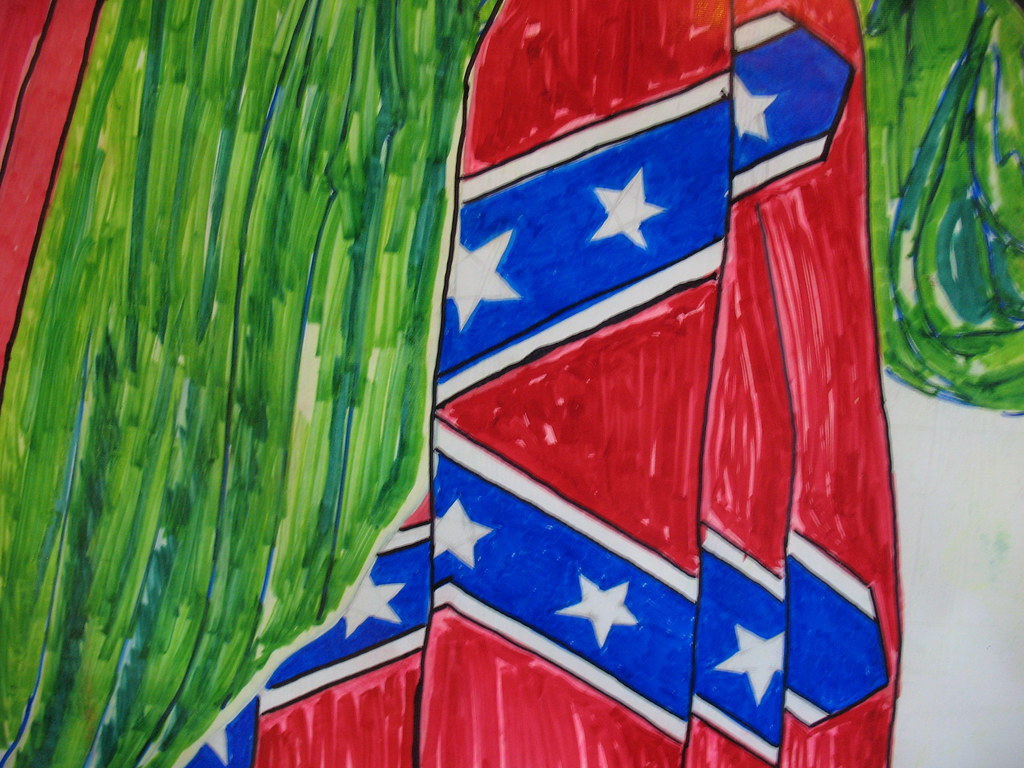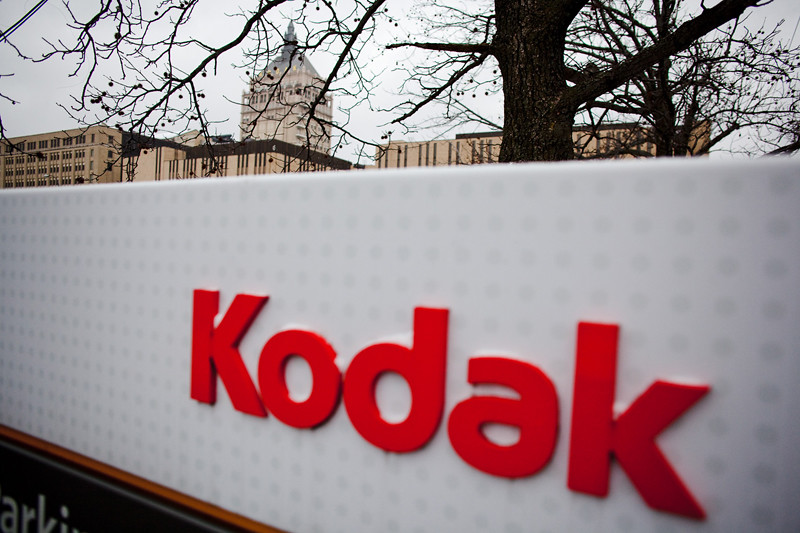The world of fashion is no stranger to change, but the latest revolution is unlike any other. Artificial Intelligence (AI) is weaving its way into every thread of the industry, transforming how designers create, how consumers shop, and how brands market their products. This technological evolution is not just a trend; it’s a seismic shift that’s reshaping the fashion landscape. With AI’s ability to analyze data, predict trends, and personalize experiences, the runway is no longer confined to fabric and models—it’s a digital tapestry of innovation and creativity.
AI-Driven Design

Imagine a world where designers can predict the next big fashion trend before it even hits the streets. With AI, this is not only possible but increasingly common. AI algorithms are capable of analyzing vast amounts of data from social media, fashion shows, and retail sales to identify emerging trends. Designers can use these insights to create collections that resonate with consumers, ensuring that their creations are not only stylish but also commercially successful. This data-driven approach empowers designers to push the boundaries of creativity while staying in tune with consumer desires.
Personalized Shopping Experiences

Gone are the days of one-size-fits-all shopping experiences. AI is revolutionizing retail by offering personalized recommendations that cater to individual tastes and preferences. Retailers are using AI-driven recommendation systems to analyze customer behavior and suggest products tailored to their unique style. Platforms like Stitch Fix leverage AI to curate personalized clothing selections, enhancing customer satisfaction and increasing the likelihood of purchases. This level of personalization transforms shopping from a mundane task into a delightful experience, making consumers feel valued and understood.
Virtual Fashion Assistants

In the digital age, virtual fashion assistants are becoming the personal stylists of the future. Powered by AI, these digital assistants guide consumers through online stores, suggest outfits, and offer styling advice. Using natural language processing, they understand customer inquiries and respond in a friendly, conversational manner. This technology not only simplifies the shopping process but also creates a more engaging experience for users. With virtual fashion assistants, consumers can explore new styles and make informed purchases with ease.
AI in Supply Chain Management

The fashion industry is notorious for its complex supply chains, but AI is stepping in to streamline operations. By predicting demand with greater accuracy, AI allows brands to optimize inventory levels and reduce waste. This is achieved by analyzing historical sales data and current market trends, enabling brands to make informed decisions about production quantities and timing. The result is a more sustainable approach to fashion, where resources are used efficiently, and environmental impact is minimized.
Enhancing Customer Engagement

Customer engagement is the heartbeat of any successful fashion brand, and AI is amplifying this connection. Brands are utilizing AI-driven chatbots to interact with customers in real-time, providing support and answering questions. These chatbots can handle multiple inquiries simultaneously, ensuring prompt assistance and enhancing customer satisfaction. Furthermore, AI analyzes customer feedback and sentiment, offering valuable insights for brands to improve their products and services. This continuous loop of engagement fosters loyalty and strengthens the brand-consumer relationship.
AI in Fashion Marketing

Marketing strategies in the fashion industry are undergoing a transformation with the help of AI. By analyzing consumer data, brands can create targeted advertising campaigns that resonate with specific audiences. AI helps companies understand customer demographics and preferences, allowing them to tailor their marketing messages effectively. This data-driven approach increases the effectiveness of marketing efforts, maximizing return on investment and ensuring that brands remain relevant in a competitive market.
Virtual Fashion Shows

The COVID-19 pandemic accelerated the adoption of virtual fashion shows, and AI is enhancing this experience. Designers are using AI to create immersive virtual environments where they can showcase their collections. These virtual shows break down geographical barriers, allowing audiences from around the world to participate without the constraints of physical attendance. AI also analyzes viewer engagement during these shows, providing valuable insights for future events. The result is a more inclusive and creative platform that pushes the boundaries of traditional fashion shows.
Sustainability and Ethical Fashion

AI is playing a pivotal role in the movement towards sustainability in fashion. By optimizing supply chains and reducing waste, AI helps brands adopt more sustainable practices. Additionally, AI assists in the development of eco-friendly materials and production methods, contributing to a more ethical fashion industry. Brands that leverage AI for sustainability not only appeal to environmentally conscious consumers but also position themselves as leaders in ethical fashion. This shift towards sustainability is not just a trend; it’s a necessary evolution for the future of fashion.
The Future of AI in Fashion

As technology continues to evolve, the role of AI in fashion will only expand. From design to retail, AI is revolutionizing the industry by enhancing creativity, improving efficiency, and personalizing the consumer experience. As brands embrace these innovations, the future of fashion looks promising, with endless possibilities for creativity and sustainability. The runway is no longer just a physical space; it is a digital landscape where technology and fashion converge to create a new era of style. What new trends will AI unveil next?







